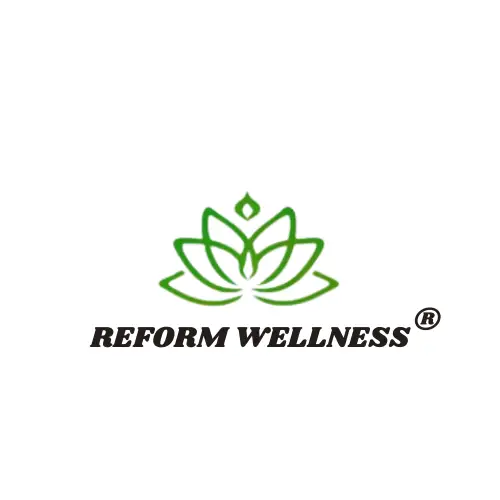Introduction
When people talk about good nutrition, they often focus on superfoods, calorie counting, or macronutrient balance. But there’s one often-overlooked factor that plays a huge role in your health: hydration. In this blog, Dietitian Roshani Musale of Reform Wellness explains the powerful link between hydration and nutrition, and why water might just be your ultimate health hack.
Why Hydration Matters in Nutrition
Water is essential for nearly every bodily function:
- Digestion and nutrient absorption
- Detoxification
- Temperature regulation
- Joint lubrication
- Cognitive performance
Staying hydrated improves your metabolism, reduces sugar cravings, and helps maintain energy levels — all essential parts of a strong nutrition plan.
Quote from Roshani:
“You can eat the cleanest diet, but if you’re not hydrated, your body won’t be able to use those nutrients efficiently.”
How Much Water Do You Really Need?
General recommendation:
- Women: 2.2 – 2.7 liters/day
- Men: 3 – 3.7 liters/day
However, this varies depending on climate, physical activity, and diet. A high-protein or high-fiber diet demands more water for processing.
Tip: Check your urine color! Pale yellow = hydrated, dark yellow = drink more water.
Hydration and Digestion
Water supports the breakdown of food and absorption of nutrients. It also:
- Prevents constipation
- Aids in dissolving vitamins and minerals
- Ensures smooth movement through intestines
Case Example: Anjali, a 30-year-old IT professional, suffered from frequent bloating. Simply increasing her water intake from 1L to 2.5L/day helped her digestion immensely and reduced the need for antacids.
Hydration and Weight Loss
Hydration plays a hidden role in appetite control and metabolism:
- Dehydration is often mistaken for hunger.
- Drinking water before meals helps control portion sizes.
- Cold water slightly boosts metabolism.
Pro Tip: Start your day with 2 glasses of lukewarm water. It rehydrates your system and kickstarts digestion.
Best Hydrating Fluids (Besides Water)
While plain water is best, here are great hydrating options:
- Coconut water (natural electrolytes)
- Herbal teas (caffeine-free)
- Fresh vegetable juices (without salt)
- Infused water with mint, lemon, cucumber
Avoid: Packaged juices, fizzy drinks, caffeine-rich beverages
Hydration Mistakes to Avoid
- Drinking too much in one go – Sip consistently throughout the day.
- Relying on coffee and tea only – Caffeine is a mild diuretic.
- Skipping water in winter – Thirst cues are lower, but needs are similar.
- Using thirst as the only indicator – It’s a late signal; don’t wait to feel thirsty.
How to Build a Hydration Routine
- Carry a refillable bottle with you
- Use water reminder apps (e.g., WaterMinder, Plant Nanny)
- Eat hydrating foods: cucumber, watermelon, oranges
- Link hydration with daily habits (drink a glass before each meal)
Hydration Chart:
| Time | Activity | Water Tip |
|---|---|---|
| 7:30 AM | Wake up | 2 glasses warm water |
| 10:00 AM | Mid-morning | 1 glass |
| 1:00 PM | Before lunch | 1 glass |
| 3:00 PM | Afternoon slump | Coconut water |
| 6:00 PM | Before dinner | 1 glass |
| 9:00 PM | Before bed | Small sip (avoid frequent urination) |
Client Story: Raj, Age 45 – Hydration Transformed His Energy
Raj complained of frequent fatigue despite eating healthy. After a hydration audit, Roshani discovered he drank less than 1L a day. With a simple routine to drink 8-10 glasses daily, Raj saw improved focus, better digestion, and no longer felt sluggish by 3 PM.
Frequently Asked Questions
Q1: Does coffee count towards water intake?
Partially, but its diuretic effect means it shouldn’t be your main source.
Q2: Can you drink too much water?
Yes, overhydration (hyponatremia) is rare but dangerous. Spread intake across the day.
Q3: Do hydration needs change with age?
Yes, older adults may have a weaker thirst signal. Reminders help!

